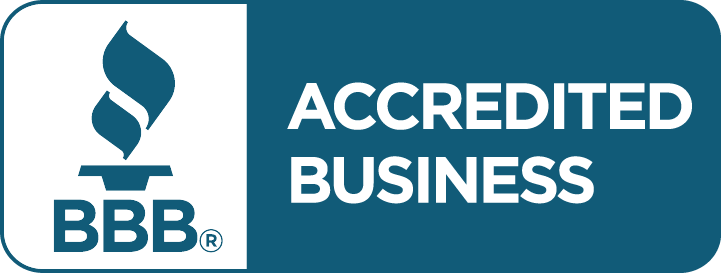Fraud can affect people from all walks of life, regardless of their age, race, education levels or economic background. Both individuals and businesses are commonly exposed to fraud and online scams during their daily routines, and many of us are guilty of giving away too much personal information to a stranger or posting it online.
March is Fraud Prevention Month, an annual campaign by the Competition Bureau that aims to educate consumers about fraud to help them recognize, reject and report it.
“Recent statistics from the Canadian Anti-Fraud Centre (CAFC) show that Canadians lost more than $283 million through various fraud schemes during the first six months of 2023,” says Susan Eisner, CEO of SolveYourDebts.com. “We all must be careful to avoid falling into a scam, and the best way to protect yourself is to be aware of them.”
In honour of Fraud Prevention Month, Eisner shares the most common scams happening in Atlantic Canada.
Debt Settlement Services
Oftentimes, debt settlement companies promise to get you out of debt quickly and to reduce your payments to a fraction of what they originally were. You should be cautious of debt settlement companies that tell you to stop paying your creditors and ask you to pay up-front fees in addition to monthly payments.
“In this scenario, once you have paid the debt settlement company enough money, they will present this as a lump sum settlement to your creditors,” explains Eisner. “However, if you stop paying your creditors because you’re instead paying a debt settlement company that hasn’t negotiated with your creditors, your credit rating could be damaged as you miss more and more payments. It may take several months before your creditors ever receive a payment, possibly sending your account to collections.”
Phishing Scams
Phishing is the most common type of Internet scam. It is the act of masquerading as a trustworthy authority or company through some sort of electronic communication (usually e-mail) in order to acquire your usernames, passwords, credit card details, bank account information and more. Once you click on a link or open an attachment, your computer can be hacked.
Recognize these common signs of a phishing email:
- The email claims to be from a company but has a Gmail, Hotmail or Yahoo domain.
- The email includes suspicious links or attachments.
- The domain is misspelt and the email is poorly written, with grammatical errors and/or spelling mistakes
- You don’t recognize the sender
- The message creates a sense of urgency
“If you’re ever in doubt, don’t be afraid to reach out to the company in question to see if they’ve tried contacting you,” says Eisner.
Investment Scams
Investment fraud is increasingly costing Canadians more money each year. From 2021 to 2022, losses almost doubled from $164 million to $308.6 million in 2022, according to the CAFC. Investment scams prey on individuals looking to make a return on their money by asking for small investments that initially lead to big returns. This then convinces the individual to invest way more money than they can afford and ends up with a scammer disappearing with their money or extorting them for even more money to withdraw their investment.
“Be wary of investments that generate really high returns in a short amount of time,” cautions Eisner. ” If it seems too good to be true, it usually is.”
Romance Scams
Romance scams target vulnerable individuals seeking love on online dating platforms. The scammer creates a fake profile, shows interest in a target and develops a relationship with them. After they’ve been “dating” for a while, they start asking for money, perhaps for an emergency, to pay their rent or to help out a relative. Once they receive their money, they vanish. Never send money to someone you have never met in person and be wary of anyone who guilts you into sending them money.
Rental Property Scams
There have been several recent incidents where someone will pose as a landlord of a property that they don’t actually own and collect a deposit for a property that is already occupied.
“If possible, never rent a property that you have not seen in person,” suggests Eisner. “If you are trying to find a place to live before moving abroad, ask if you can have a virtual tour, or better yet, send a friend on the ground to look at it on your behalf.”
You can also ask for proof of ownership, such as a house deed. Be sure the name of the person you’re dealing with matches the title and the address is correct.
Fraud causes many individuals and businesses numerous financial losses every year. Many victims fail to report the scams and simply accept the loss thinking that they will be more careful next time. However, reporting a scam may help prevent many similar incidents and help stop fraud. Report any fraudulent or scam activity you encounter to your local Better Business Bureau.











